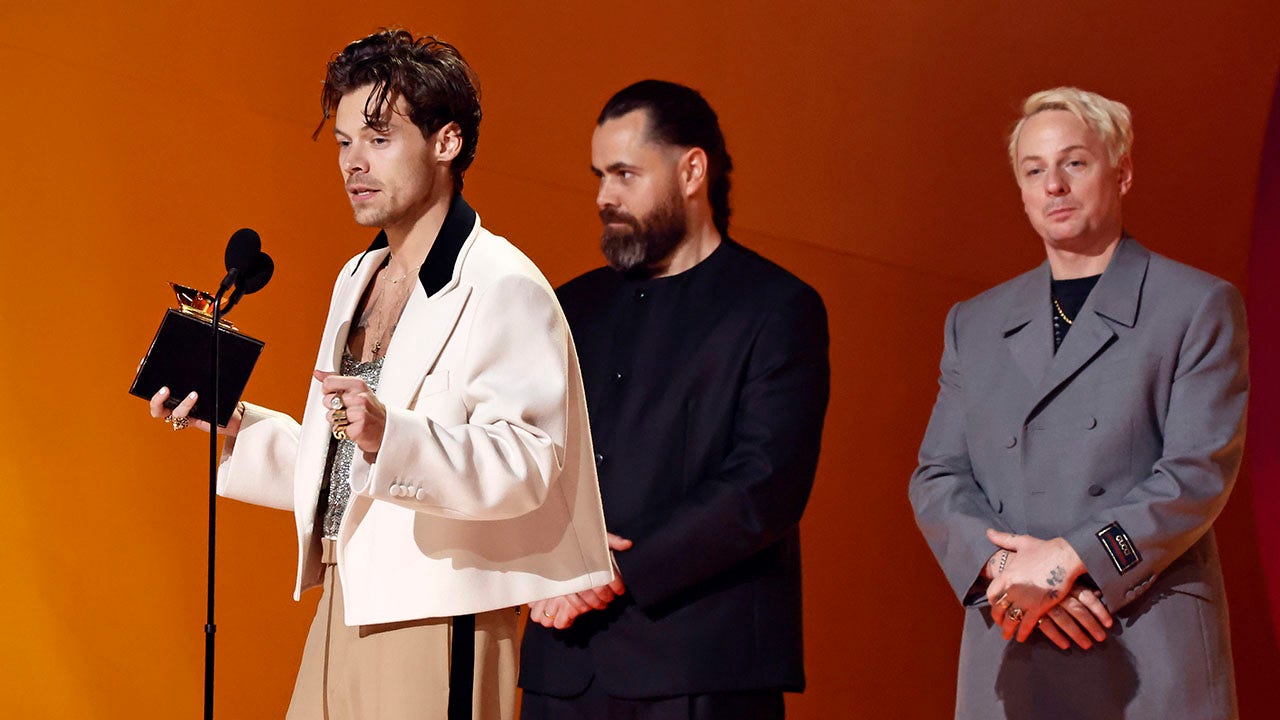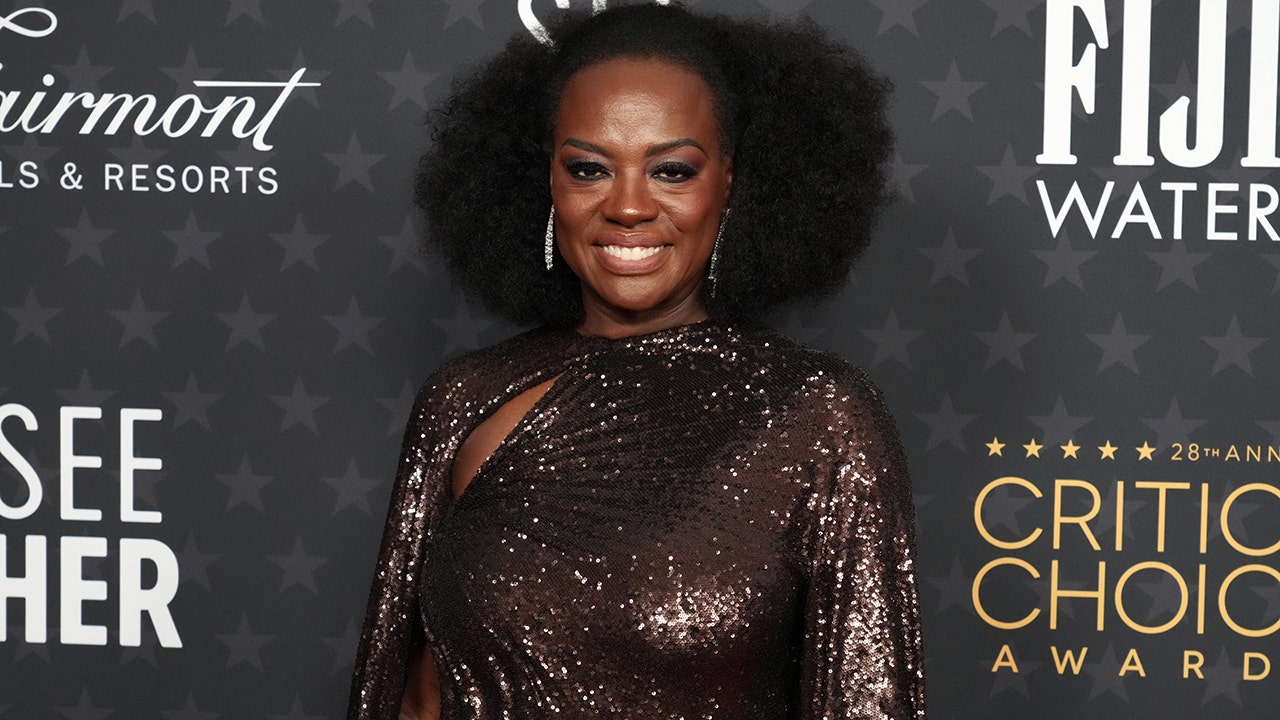
Bonnie Raitt’s shock win in the prestigious Song of the Year category at the 65th Grammy Award, for “Just Like That,” was for many the triumph of the seemingly-lost art of crafted song-writing which reflects the trials and tribulations of ordinary life.
For others, particularly in the mainstream music industry, it was plain treachery
Rolling Stone magazine was among the first to react to the shock choice under a headline many might deem offensive: “WTF: Bonnie Raitt Wins Song of the Year”.
It began, somewhat condescendingly: “To be very clear, Bonnie Raitt is an absolute legend. “Just Like That” is a stellar song, and it’s amazing that she became the first woman over 50 to win Song of the Year in Grammy history.”
Rolling Stone, under a generic by-line, then opined: “That said, giving her the award over wildly popular future classics by Taylor Swift, Harry Styles, Kendrick Lamar, Beyonce, and the other nominees was a typical Grammy blunder, and one most likely fueled (sic) by name recognition for older Grammy voters.”
It added: “We thought the Grammys had moved beyond such bizarrely out-of-touch choices, but apparently not.”
Esquire deemed Bonnie’s win the “chaos vote.” Dave Holmes added: “It was already a weird night long before ol’ Bonnie swiped Song of the Year from Harry Styles’s “As It Was” and Beyonce’s “Break My Soul” with “Just Like That,” a song nobody had heard until sometime this morning, leaving us to wonder whether the win was a sort of lifetime-achievement situation for a longtime Grammy favourite, or just an expression of support for the Sex and the City reboot.”
Other perspectives were somewhat kinder.
The New York Times reaction came under the headline “Best Graceful Shocked Reaction: Bonnie Raitt.” Pop critic Jon Pareles commented: “She is one of the mature singers and songwriters who have been relegated to formats like “Americana” and “Legacy.” But Raitt has learned from the best – notably John Prine – how to tell a sad but uplifting story with a voice and a small band. Some proportion of Grammy voters – enough to lift her into a plurality above Beyonce and Adele – obviously recognised the combination of passion and terse craftsmanship.”
In Pitchfork, Sam Sodomsky continued this theme: “Inspired by empathetic story-telling of John Prine, it’s a simple song that surges with genuine emotion, human connection and the beauty of the unexpected. Fittingly, Raitt’s win for Song of the Year embraces those same qualities as she thanked the audience with visible surprise and a hard-won sense of gratitude.”
Indeed, in a most sincere acceptance speech, Raitt invoked the memory and work of her late friend John Prine, who died of COVID complications in 2020. She said: “People have been responding to the song, partly because of how much I love – and we all love – John Prine, and that was the inspiration for the music for this song and telling a story from the inside.”
Like many Prine songs, particularly in his early years, Raitt was driven to write “Just Like That” while reflecting on a real-life event which moved her emotionally.
In an interview with The New York Times prior to the Grammys, Raitt detailed how the slow, endearing “Just Like That” came to her: “And completely out of the blue, I saw this news program. They followed this woman with a film crew to the guy’s house who received her son’s heart. There was a lump in my throat – it was very emotional.”
She added: “And when he asked her to sit down next to him and asked if she’d like to put her head on his chest and listen to his heart – I can’t even tell the story to this day without choking up, because it was so moving to me.”
She translates the story to lyrical form by writing in the first person and setting a scenario whereby a stranger approaches the house of the grieving mother who lets him in because something about the man that puts her at ease. She then recounts his mission.
I’ve spent years just trying to find you
So I could easily let you know
It was your son’s heart that saved me
And a life you gave us both
Putting real-life stories into song is, of course, nothing new. They date back to great folk artists like Woody Guthrie and indeed his devoted admirer Bob Dylan.
Guthrie too was motivated by news stories when he penned his classic “Deportee (Plane Wreck at Los Gatos).” In January, 1948, Guthrie was appalled that most radio and newspaper coverage of a fatal plane crash in Los Gatos Canyon, California, had not given the names of the victims – apart from the crew and a security guard – but merely referred to the passengers as “deportees:”
Goodbye to my Juan, goodbye Rosalita
Adios mis amigos, Jesus y Maria
You won’t have your names
When you ride the big airplane
All they will call you
Will be deportees
Much of Dylan’s work in his early days around the clubs of Greenwich Village, NY, related to social issues and events of the day. Most of the songs were somewhat abstract in content, but among the more specific was “The Lonesome Death of Hattie Carroll,” off his ground-breaking 1964 release The Times They Are a-Changin.”
Dylan also saw the story in a newspaper. It was about the death of 51-year-old African American barmaid Hattie Carroll after being attacked by a wealthy tobacco farmer William Zantzinger in downtown Baltimore. Though not all Dylan’s facts were correct – he misspelt the assailant’s name – his song largely portrayed what he saw as a racist attack.
Got killed by a blow, lay slain by a cane
That sailed through the air and came down through the room
Doomed and determined to destroy all the gentle
And she never done nothing to William Zanzinger
Dylan later told a talk-show host: “The story I took out of a newspaper. I used it for something I wanted to say.”
And he said it best in the immortal chorus:
But you who philosophize disgrace
And criticize all fears
Bury the rag deep in your face
For now is the time for your tears
It was this very chorus which influenced Prine when writing one of his most endearing songs based on a real-life event.
It was some 14 years after Dylan’s “Hattie Carroll” that Prine released his dark tale “Bruised Orange (Chain of Sorrow),” based on his childhood experience when he was an altar boy at a Catholic church in Illinois. One Sunday morning, when he went early to shovel snow off the church steps before Mass, he came across an accident in which another altar boy had been killed by a local commuter train.
Like Dylan, we soon learn in lyrics the facts of the tragedy:
I heard sirens on the train track howl naked gettin’ nuder,
An altar boy’s been hit by a local commuter
Just from walking with his back turned
To the train that was coming so slow.
Then, as in Hattie Carroll,” Prine’s unusual chorus also preaches:
You can gaze out the window get mad and get madder,
Throw your hands in the air, say ‘what does it matter?’
But it don’t do no good to get angry,
So help me I know
For a heart stained in anger grows weak and grows bitter.
You become your own prisoner as you watch yourself sit there
Wrapped up in a trap of your very own
Chain of sorrow.
Raitt’s reference to Prine “telling a story from the inside” is no better personified than in one of Prine’s very early songs, “Hello in There,” from his 1971 debut self-titled album, which also includes “Angel from Montgomery” – a song Raitt would make her own with her majestic 1974 version.
Prine used another memory from his upbringing to write “Hello in There.” As a teen, he delivered newspapers in Chicago and his round would include an old people’s home. He later recalled: “When I was writing the song, I thought that these people have entire lives in there. They are not writers but they have a story to tell.”
So Prine chose to reflect on the stories of these elderly folk through the first-person narrative:
We lost Davy in the Korean War
And I still don’t know what for
Doesn’t matter anymore
Ya know that old trees just grow stronger
And old rivers grow wilder every day
Old people just grow lonesome
Waiting for someone to say, “hello in there hello”
The success of Raitt’s sorrowful “Just Like That” ballad is a timely reminder that there is still a place in the music industry for good old-fashioned, compassionate story-telling, even if it might be “relegated to formats like Americana.”
The Recording Academy should feel proud it chose a Raitt above a Beyonce! And it should not be intimidated by the multi-million dollar marketing machine which influences the mainstream music media.













 Visitors Today : 6
Visitors Today : 6 Now Online : 1
Now Online : 1



































































































